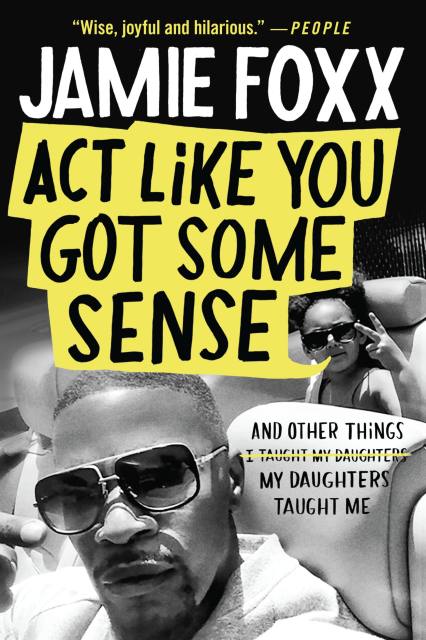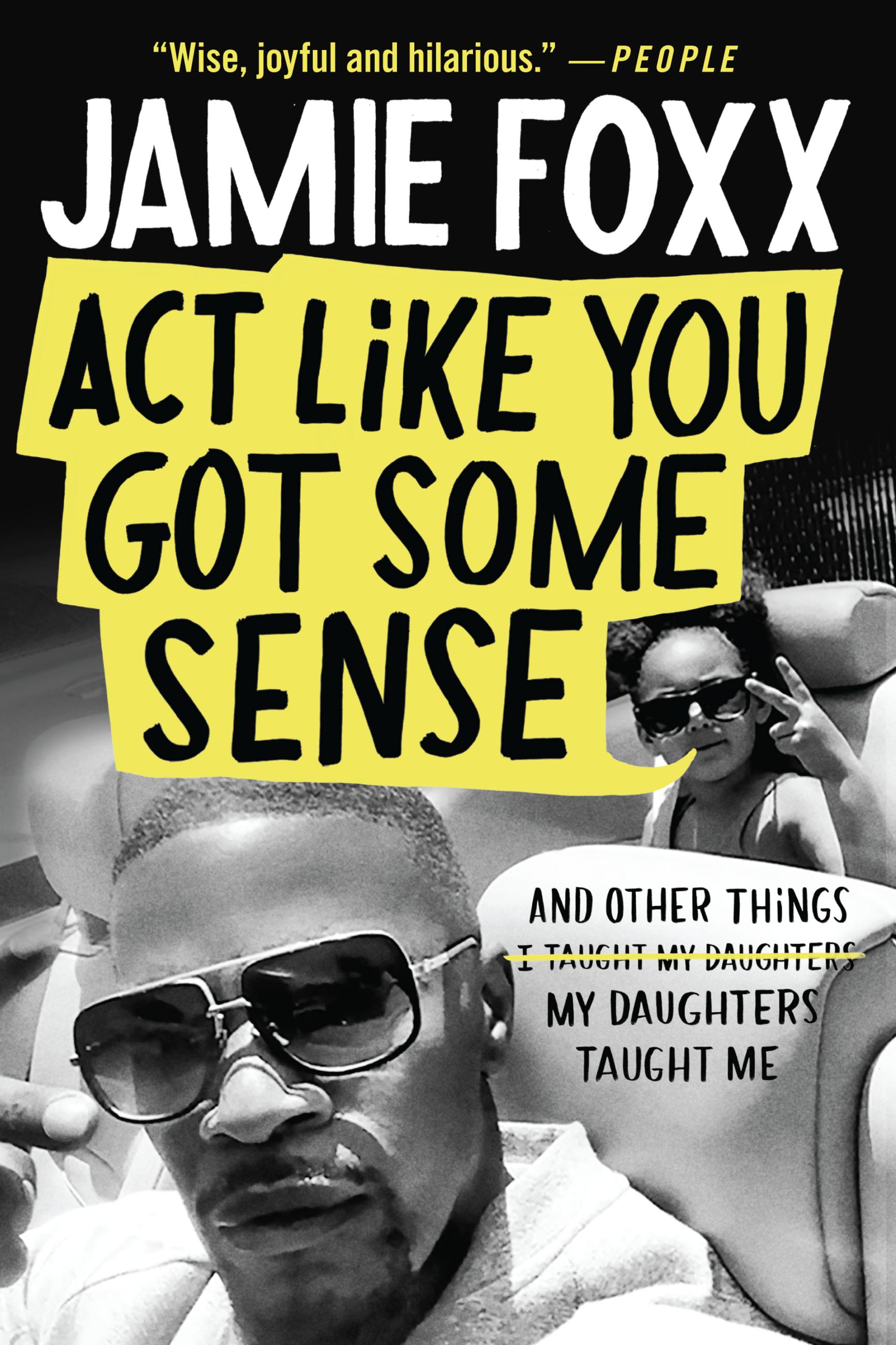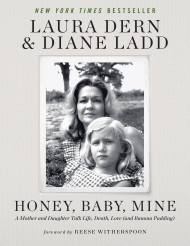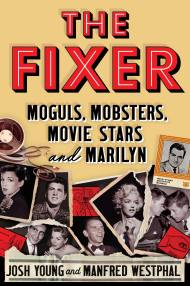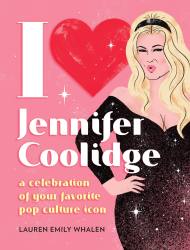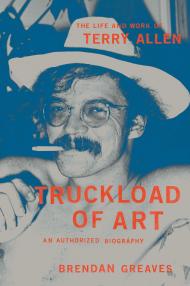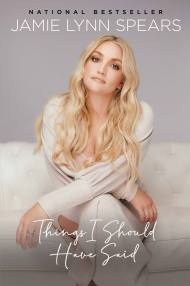Promotion
Use code MOM24 for 20% off site wide + free shipping over $45
Act Like You Got Some Sense
And Other Things My Daughters Taught Me
Contributors
By Jamie Foxx
With Nick Chiles
Formats and Prices
Price
$14.99Price
$18.99 CADFormat
This item is a preorder. Your payment method will be charged immediately, and the product is expected to ship on or around October 19, 2021. This date is subject to change due to shipping delays beyond our control.
Also available from:
From Academy Award-winning multi-talent Jamie Foxx, a hilariously candid look at the joys and pitfalls of being the father of two daughters.
Jamie Foxx has won an Academy Award and a Grammy Award, laughed with sitting presidents, and partied with the biggest names in hip-hop. But he is most proud of his role as father to two very independent young women, Corinne and Anelise. Jamie might not always know what he’s doing when it comes to raising girls—especially when they talk to him about TikTok (PlikPlok?) and don’t share his enthusiasm for flashy Rolls Royces—but he does his best to show up for them every single day.Luckily, he has a strong example to follow: his beloved late grandmother, Estelle Marie Talley. Jamie learned everything he knows about parenting from the fierce woman who raised him: As he puts it, she’s “Madea before Tyler Perry put on the pumps and the gray wig.”
In Act Like You Got Some Sense—a title inspired by Estelle—Jamie shares up close and personal stories about the tough love and old-school values he learned growing up in the small town of Terrell, Texas; his early days trying to make it in Hollywood; the joys and challenges of achieving stardom; and how each phase of his life shaped his parenting journey. Hilarious, poignant, and always brutally honest, this is Jamie Foxx like we’ve never seen him before.
Genre:
-
"In this debut full of genuine reflection and heartfelt humor, actor and comedian Foxx riffs on parenting (“You ain’t ready for it”) and the life experiences that gradually helped shape him as a father. . . Foxx writes in a jovial manner, with jokes flying constantly. . . Yet where this book truly excels is in its honesty, offering an intimate look past Jamie Foxx the famous actor to reveal a relatable figure."Publishers Weekly, starred review
-
“Wise, joyful and hilarious."People
-
"A practical, sometimes profane, always entertaining guide to the fine art of parenting."Kirkus Reviews
-
"In cheerfully meandering stories, Foxx displays his comedic timing and pacing and is always entertaining, blending the folksy yet hard-edged wisdom of his adoptive grandmother with hard-won, more worldly "New Dad" sensibilities. . . Foxx's parenting-advice book is the equivalent of a vitamin-packed smoothie: sweet, fun, and easy to enjoy, full of slyly concealed nourishment and goodness."Booklist
-
"Act Like You Got Some Sense—its title gleaned from a phrase his late grandmother Estelle told him often—hilariously and poignantly details [Foxx's] upbringing as well as his experiences raising daughters Corinne, 27, and Anelise, 13, while orbiting Hollywood as one of its biggest and hardest-working stars."Men's Health
-
"[R]eally funny. . . If you weren’t already a fan [of Foxx], you’ll be one after reading this heartfelt and honest book."CNN
-
"Foxx’s tales of fatherhood are heartwarming and humorous, and he offers sensible tips that serve as strong reminders of how to treat today’s youth with respect and patience. . . Foxx's many fans will embrace the opportunity to learn more about the enigmatic actor, and parents will appreciate his commonsense, relatable approach to raising independent humans."Library Journal
- On Sale
- Oct 19, 2021
- Page Count
- 288 pages
- Publisher
- Grand Central Publishing
- ISBN-13
- 9781538703298
Newsletter Signup
By clicking ‘Sign Up,’ I acknowledge that I have read and agree to Hachette Book Group’s Privacy Policy and Terms of Use
